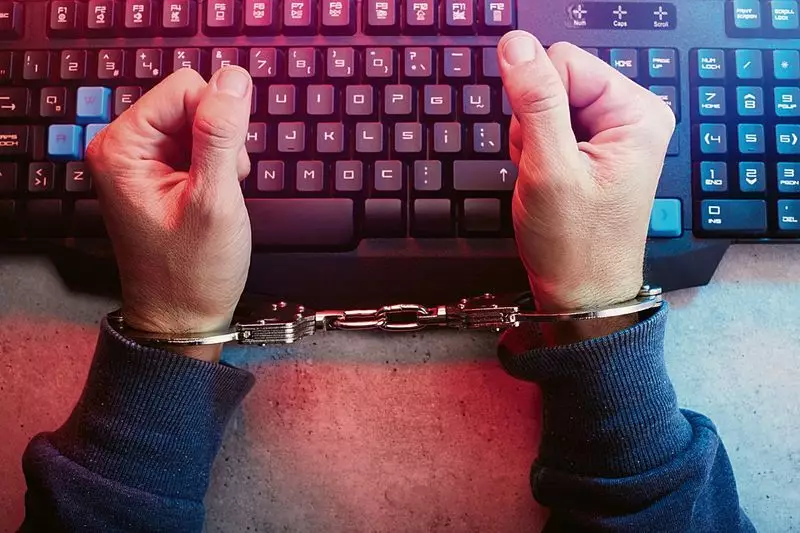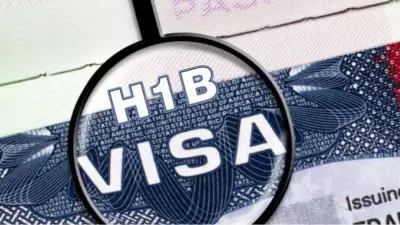
The Supreme Court of India has taken a firm stance against the alarming rise of 'digital arrest' scams sweeping across the nation. In a significant move, the apex court has directed the Central Government and the Central Bureau of Investigation (CBI) to present a comprehensive action plan detailing how they intend to combat this sophisticated form of cybercrime.
What is Digital Arrest?
Digital arrest represents a terrifying new frontier in cybercrime where fraudsters, posing as law enforcement officials, virtually detain victims through video calls. These criminals use psychological manipulation and fear tactics to extort money from panicked individuals who believe they're facing genuine legal consequences.
The Supreme Court's Stern Directive
The bench expressed serious concerns about the growing sophistication of these scams and their impact on ordinary citizens. The court has demanded concrete answers about:
- Preventive measures being implemented
- Investigation protocols for reported cases
- Public awareness campaigns
- Coordination between state and central agencies
- Legal framework enhancements
How the Scam Operates
Victims typically receive calls from individuals claiming to be police officers, CBI officials, or customs authorities. The fraudsters allege that the victim's documents have been misused in serious crimes like money laundering or drug trafficking. Through threatening language and manipulated evidence, they convince victims to remain on video calls for hours, effectively placing them under 'digital arrest' until they pay substantial amounts of money.
National Security Concerns
This phenomenon has raised red flags at the highest levels of government, with the scam now being treated as a national security threat. The modus operandi suggests organized criminal networks operating across international borders, making investigation and prosecution particularly challenging.
Protection Measures
While authorities work on a strategic response, cybersecurity experts recommend:
- Never share personal or financial information over unsolicited calls
- Verify the identity of callers by contacting official police helplines
- Remember that no legitimate agency demands money through video calls
- Install caller identification apps to screen unknown numbers
- Report suspicious calls immediately to the cybercrime helpline (1930)
The Supreme Court's intervention highlights the urgent need for a coordinated national strategy to protect citizens from these evolving digital threats. As technology advances, so do criminal tactics, making constant vigilance and updated security protocols essential for public safety.





